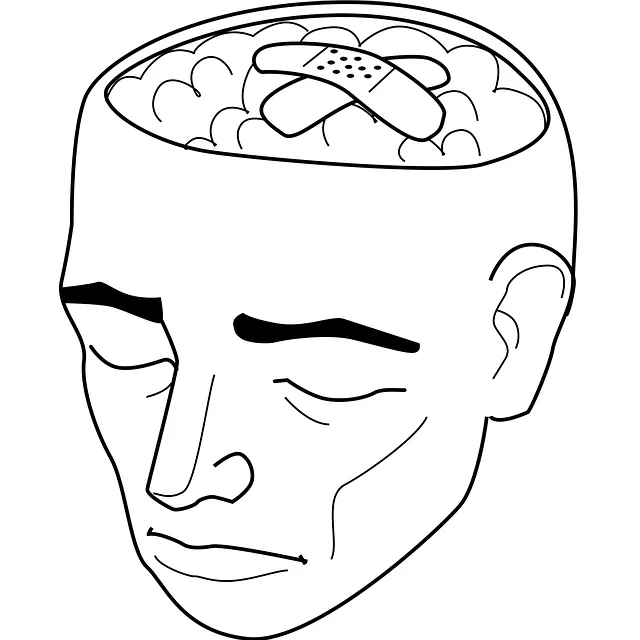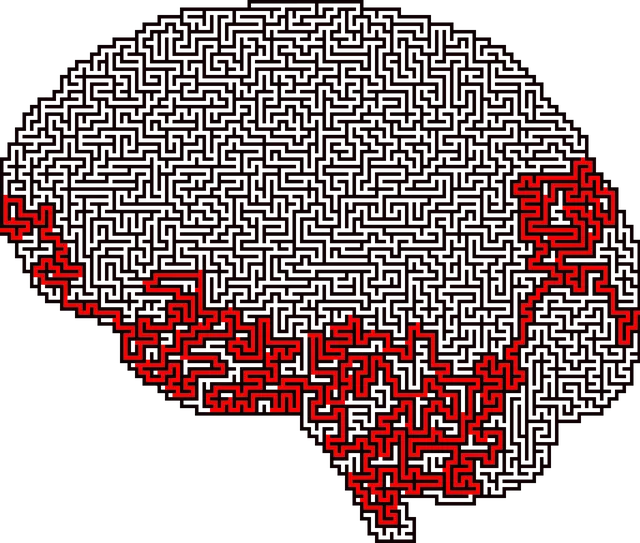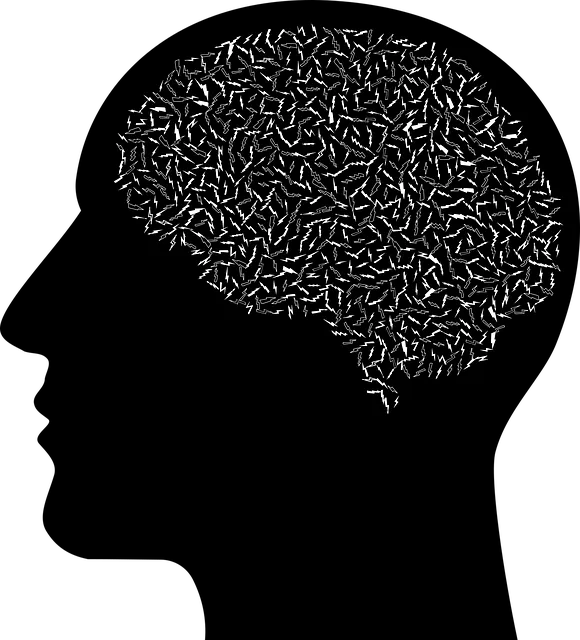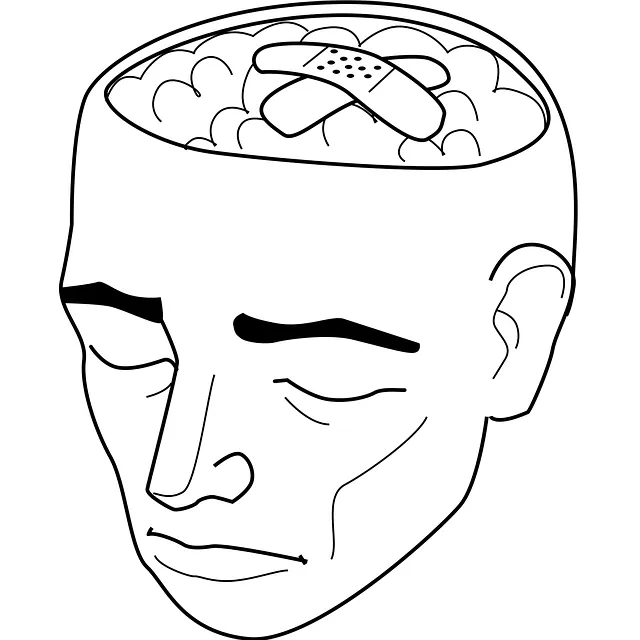Aurora Kaiser Permanente provides comprehensive, personalized mental health care through advanced assessment tools, expert therapists, and evidence-based treatments like CBT and mindfulness. Their holistic approach emphasizes collaboration with families, communities, and support groups to build resilience and improve outcomes for individuals navigating complex mental illnesses. By integrating tailored therapies, workshops, and public education, Aurora Kaiser Permanente enables patients to take control of their mental wellness and achieve long-term recovery.
“Navigating mental illness is a complex journey, but with the right guidance, it’s a path to recovery. This comprehensive guide, tailored for patients at Aurora Kaiser Permanente, offers a detailed look at understanding mental health diagnoses, exploring evidence-based treatments, and building a supportive network.
Learn about various therapies, medications, and self-care strategies that can significantly improve well-being. Discover how to access professional help within the Aurora Kaiser Permanente system and build resilience through daily practices. Empowering yourself with knowledge is the first step towards reclaiming your mental health.”
- Understanding Mental Illness Diagnoses: A Comprehensive Overview for Patients at Aurora Kaiser Permanente
- Navigating Treatment Options: Exploring Evidence-Based Therapies and Medications for Improved Mental Well-being
- Building a Supportive Network: The Role of Family, Friends, and Community Resources in Recovery
- Accessing Professional Help: Finding and Working with Mental Health Experts at Aurora Kaiser Permanente
- Self-Care Strategies for Daily Living: Empowering Tools for Managing Symptoms and Enhancing Quality of Life
Understanding Mental Illness Diagnoses: A Comprehensive Overview for Patients at Aurora Kaiser Permanente

Mental illness diagnoses can seem like a complex maze, but Aurora Kaiser Permanente is here to guide patients through with comprehensive understanding and support. At our organization, we believe that knowing your diagnosis is a powerful first step towards recovery. We provide a thorough evaluation process, utilizing advanced assessment tools and expert clinical judgment to ensure an accurate diagnosis. This involves a detailed exploration of symptoms, personal history, and environment, empowering patients to actively participate in their mental health journey.
Our team at Aurora Kaiser Permanente goes beyond the initial diagnosis, offering tailored treatment plans that consider each patient’s unique needs. We promote emotional intelligence and inner strength development through evidence-based therapies, such as cognitive behavioral therapy (CBT) and mindfulness practices. Additionally, we host stress management workshops to equip individuals with valuable coping strategies for everyday life. By combining these comprehensive approaches, our organization aims to enhance overall mental well-being and foster resilience in the face of adversity.
Navigating Treatment Options: Exploring Evidence-Based Therapies and Medications for Improved Mental Well-being

Navigating treatment options is a crucial step for anyone seeking support for their mental well-being. Aurora Kaiser Permanente mental health professionals offer a comprehensive range of evidence-based therapies and medications to address various mental illnesses effectively. Cognitive Behavioral Therapy (CBT), a widely recognized approach, focuses on identifying and modifying negative thought patterns and behaviors. This therapy has proven successful in treating conditions like depression and anxiety disorders.
Additionally, Medication-Assisted Treatment (MAT) combines psychotherapy with prescribed medications for more severe cases. This integrated approach, backed by extensive research, addresses both the psychological and physiological aspects of mental health. By exploring these evidence-based methods, individuals can break free from the cycle of mental illness stigma reduction efforts and risk management planning are also integral parts of this process, ensuring patients receive culturally sensitive care that respects their unique backgrounds.
Building a Supportive Network: The Role of Family, Friends, and Community Resources in Recovery

Building a supportive network is an integral part of navigating mental illness and fostering recovery. Family and friends play a pivotal role in providing emotional support, understanding, and a sense of belonging, all of which are essential for healing. They can offer practical help, such as assisting with daily tasks or providing transportation to appointments, easing the burden on individuals facing mental health challenges. Moreover, having a strong social circle enhances resilience-building and confidence boosting, enabling individuals to cope with stressors and setbacks more effectively.
Community resources, like support groups and local mental health organizations, further enrich the recovery journey. These networks provide opportunities for connection, education, and sharing experiences, fostering a sense of community that is vital for emotional healing processes. Aurora Kaiser Permanente mental health services recognize the importance of these relationships and often collaborate with families and communities to ensure holistic care and improve outcomes for those navigating mental illness.
Accessing Professional Help: Finding and Working with Mental Health Experts at Aurora Kaiser Permanente

At Aurora Kaiser Permanente, individuals seeking support for their mental health are greeted with a comprehensive network of professionals dedicated to their well-being. The healthcare provider offers a wide range of services tailored to meet diverse needs, ensuring that every patient receives personalized care. From initial assessment to ongoing treatment, the team at Aurora Kaiser Permanente guides patients through the complex landscape of mental illness diagnosis and navigation.
With a focus on holistic healing, they incorporate evidence-based practices such as Mindfulness Meditation and Emotional Healing Processes into treatment plans. The experts also emphasize Empathy Building Strategies, fostering a supportive environment where patients feel understood and empowered. This multi-faceted approach not only addresses symptoms but also promotes long-term mental resilience and improved quality of life for those facing mental health challenges.
Self-Care Strategies for Daily Living: Empowering Tools for Managing Symptoms and Enhancing Quality of Life

In navigating mental illness, self-care strategies are essential tools for managing symptoms and enhancing quality of life. Initiatives like Aurora Kaiser Permanente’s mental health services offer comprehensive support, integrating evidence-based practices tailored to individual needs. Through regular mindfulness exercises, cognitive behavioral therapy (CBT), and structured routines, individuals gain empowered control over their mental wellness. These strategies not only help manage symptoms but also foster resilience, allowing for a more balanced and fulfilling daily life.
Complementing these approaches, the Mental Wellness Podcast Series Production and Public Awareness Campaigns Development initiatives contribute to a broader understanding of mental health. By sharing stories, providing educational content, and advocating for policy changes (such as those explored in Mental Health Policy Analysis and Advocacy), these efforts create a supportive environment where individuals feel less isolated and more encouraged to seek help. Ultimately, combining personal self-care with community support creates a powerful synergy, promoting holistic mental wellness.
Navigating mental illness is a journey that requires understanding, support, and access to quality care. By familiarizing oneself with diagnosis processes at Aurora Kaiser Permanente, exploring evidence-based treatments like therapy and medications, building a strong support network, and adopting self-care strategies, individuals can take control of their mental well-being. Aurora Kaiser Permanente’s comprehensive approach ensures patients receive the personalized assistance they need, fostering recovery and enhancing life quality.






